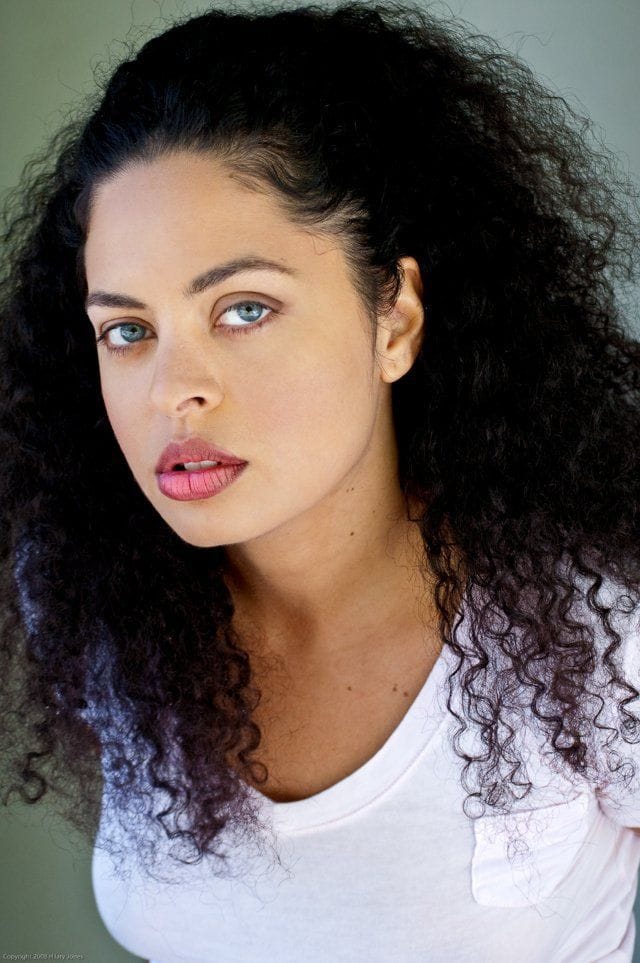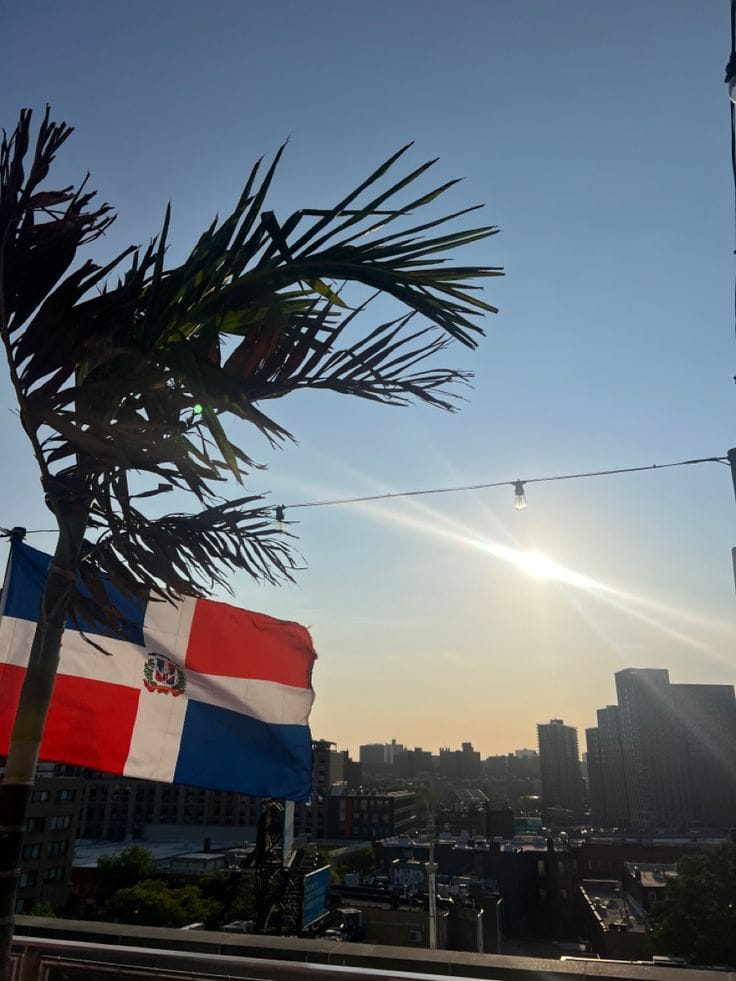The internet loves a good laugh, and the phrase "I no black, I Dominican" has certainly provided plenty of comedic fodder. But let's dig a little deeper into the complex issue of Dominican identity, beyond the surface-level jokes.
The Dominican Republic, a Caribbean nation sharing the island of Hispaniola with Haiti, has a rich and multifaceted history. Its population is a vibrant blend of indigenous Taino, European (primarily Spanish), and African heritage. This complex ancestry has shaped the nation's culture, language, and physical appearance in profound ways.

The question of whether Dominicans are Black is a loaded one, often rooted in misconceptions about race and ethnicity. Ethnicity refers to a shared cultural background, while race is a social construct based primarily on physical appearance. Many Dominicans identify as "Indio" or "mestizo," reflecting their mixed heritage. However, it's essential to acknowledge the significant African influence on Dominican culture and identity.
The transatlantic slave trade brought an influx of Africans to the island, contributing to the gene pool and shaping the nation's artistic expressions, music, and cuisine. Despite attempts at erasure and whitening, the African legacy in the Dominican Republic is undeniable.

So, while the "I no black, I Dominican" meme might be amusing, it oversimplifies a complex issue. It's crucial to approach discussions about race and identity with sensitivity and understanding. By recognizing the diverse and interconnected nature of Dominican heritage, we can foster a more inclusive and respectful dialogue.
Ultimately, the Dominican Republic is a nation where Blackness exists in a myriad of forms, from overt to subtle. It's a place where history, culture, and individual identity intertwine to create a unique and vibrant tapestry. Let's move beyond reductive labels and embrace the richness of Dominican heritage in all its complexity.
